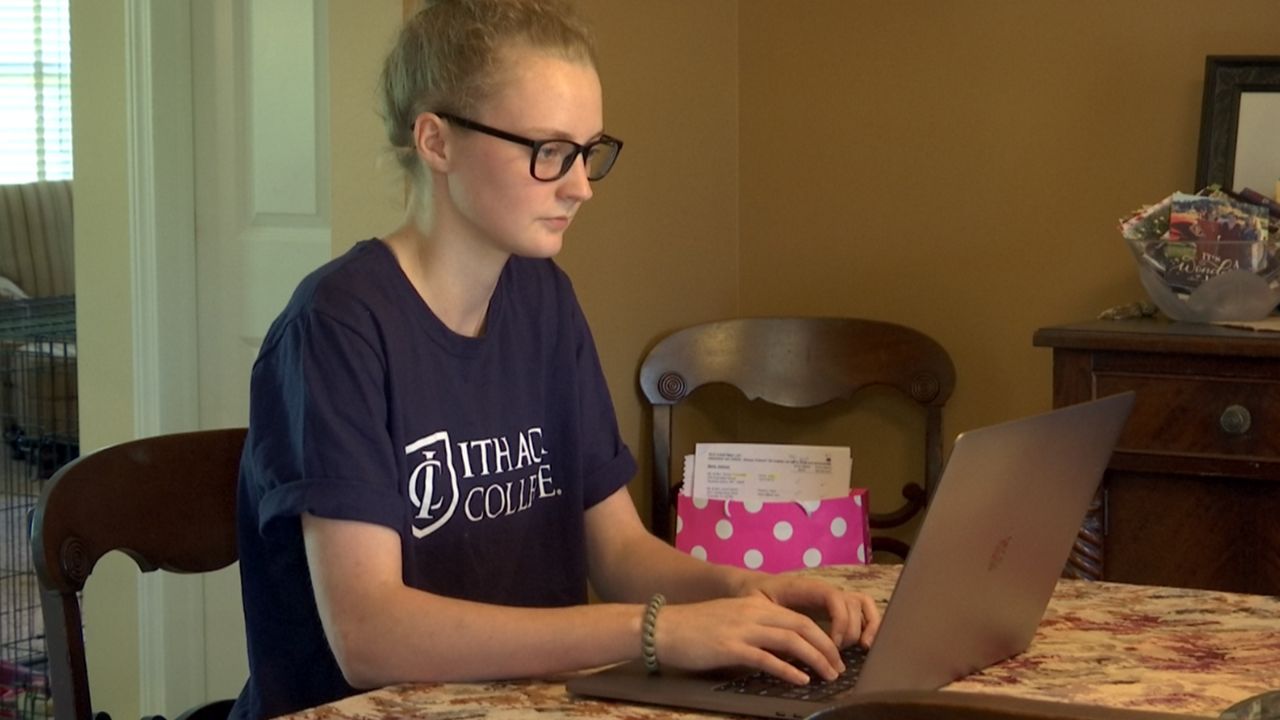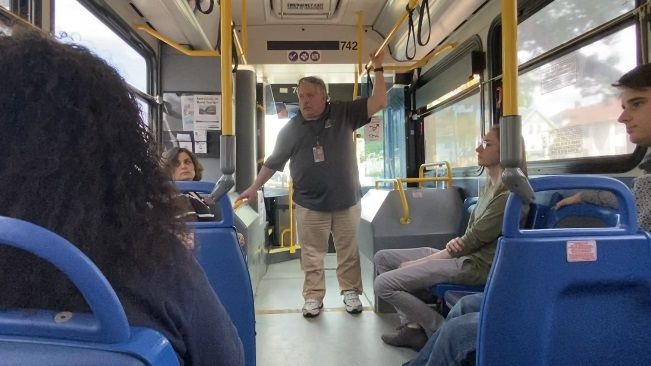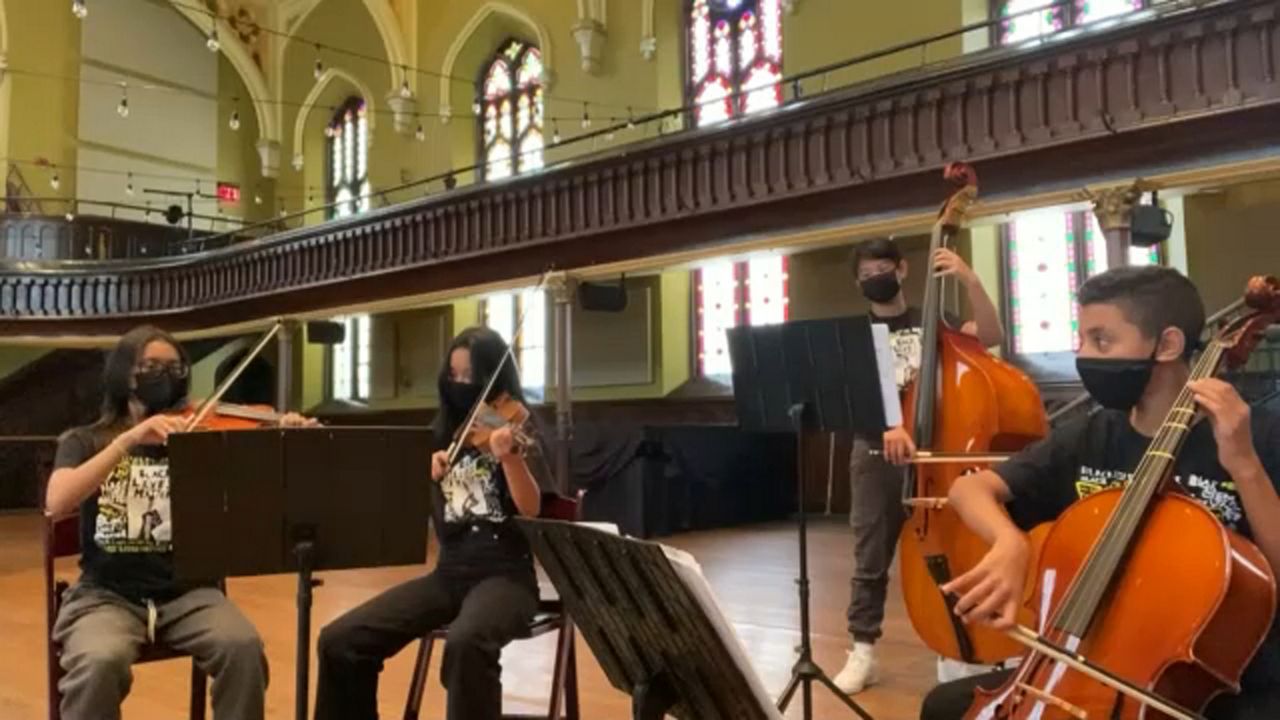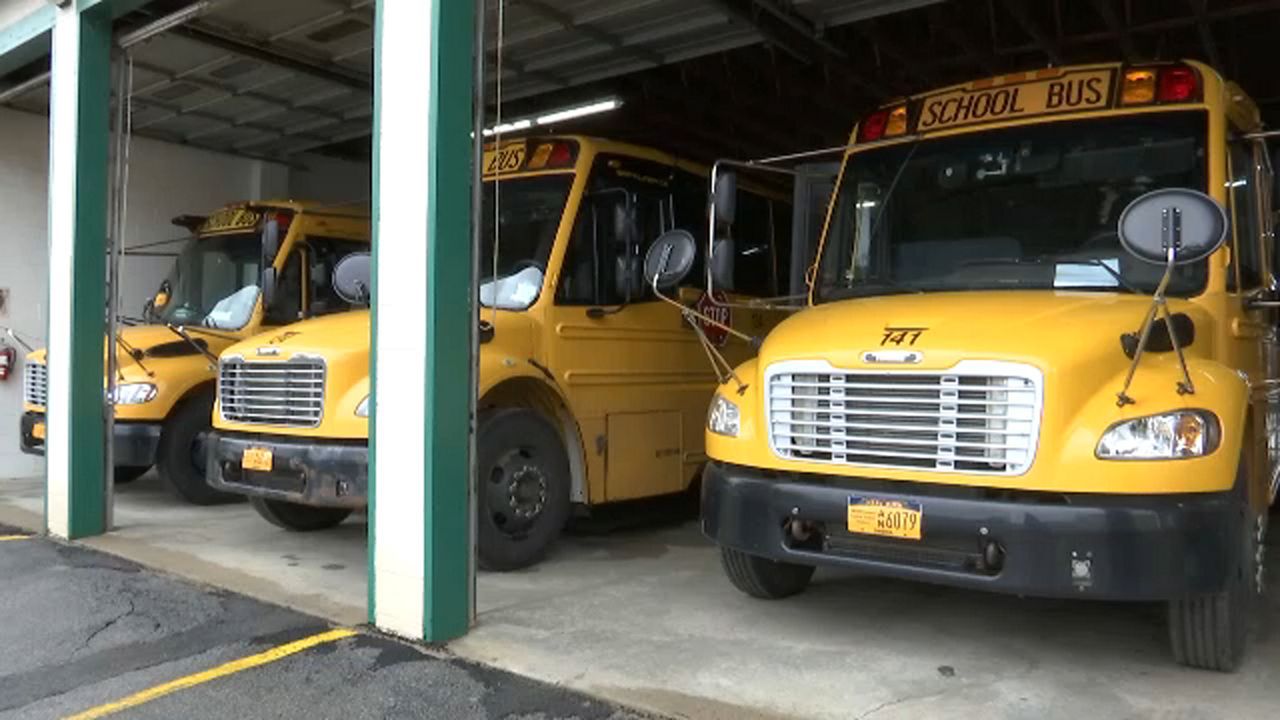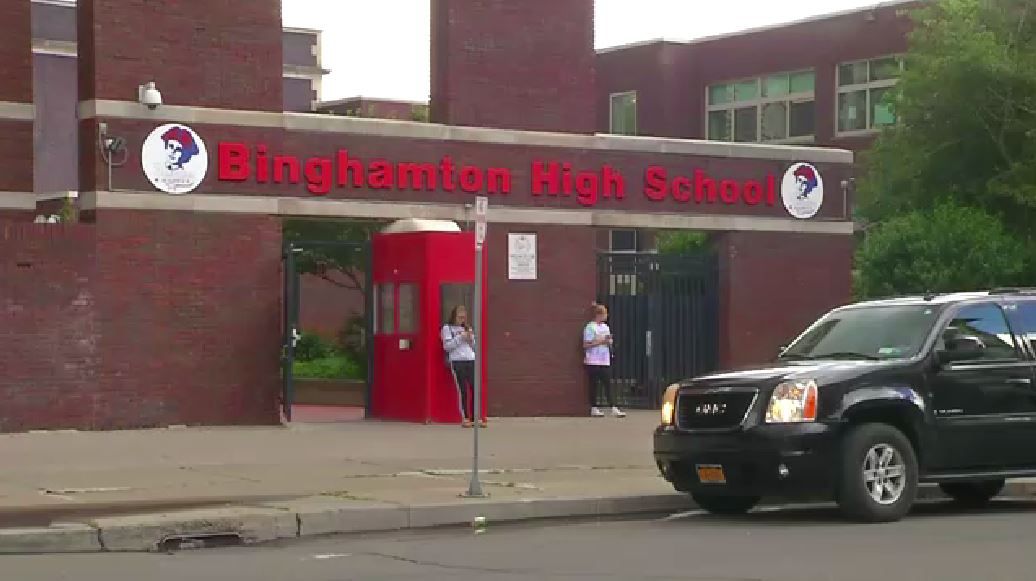Gracie Gleason wasted no time preparing for her first year at Ithaca College, eagerly awaiting her move-in date for the first week of September.
“I got a phone call from my mom saying, ‘Did you see your email?’ I was like, ‘No. Did they give me my slot?’ I was so excited,” said Gleason. “She was like, ‘No.’ ”
What You Need To Know
- Ithaca College's president, Shirley Collado, said students will learn remotely during the fall semester
- She hopes students can return for the spring
- One freshman says she's disappointed and is concerned about the effectiveness of some online classes
- The Ithaca mayor says this will dig the city deeper into debt, and the federal government needs to offer support
Gleason’s excitement turned into disappointment after Ithaca College President Shirley Collado announced students will learn remotely for the fall.
“After our senior year kind of got ruined unexpectedly, I think all of us were really looking forward to starting new, getting to move on campus, having the freshman year college experience,” said Gleason. “Everyone looks forward to that.”
Collado says it was an “agonizing decision,” but the COVID-19 pandemic remains very concerning. Ithaca Mayor Svante Myrick says the college staff is doing what’s best for the students and community.
“The condition in the rest of the country just made it impossible,” said Myrick. “The fact that there [are] 20-plus states on the watch list right now and are unable to safely travel back to New York State just meant it couldn’t happen.”
Myrick blames the federal government for the lack of funding and guidance to control the virus.
He says now local communities are bearing the brunt of it all.
“We can expect the campuses might lay people off if we don’t get federal support, and then there will be ripple effects all the way down,” said Myrick. “Fewer students means fewer nights out, fewer pizzas bought and sold, fewer Uber rides, fewer cab rides, fewer rent payments, which will affect tax collections and mortgage payments, and it will be an enormous impact.”
Gleason is also concerned about the online classes, especially those that are better taught in-person.
Collado says students in programs who need the hands-on experience, like health care professionals, will be allowed to attend key classes on campus.
Gleason says this first semester will be a challenge academically and socially, but “We all just have to do what we can do, stay positive, and make the best of it.”
Collado hopes to welcome students back to campus in the spring – a moment Gleason is already looking forward to.





